‘I feel shame’: Fleeing abroad after Putin’s war, Russian exiles see no future at home
Russians who fled urgently after Vladimir Putin’s invasion of Ukraine and crackdown at home are unsure if they will ever return, and what their nation may look like, reports Borzou Daragahi in Istanbul

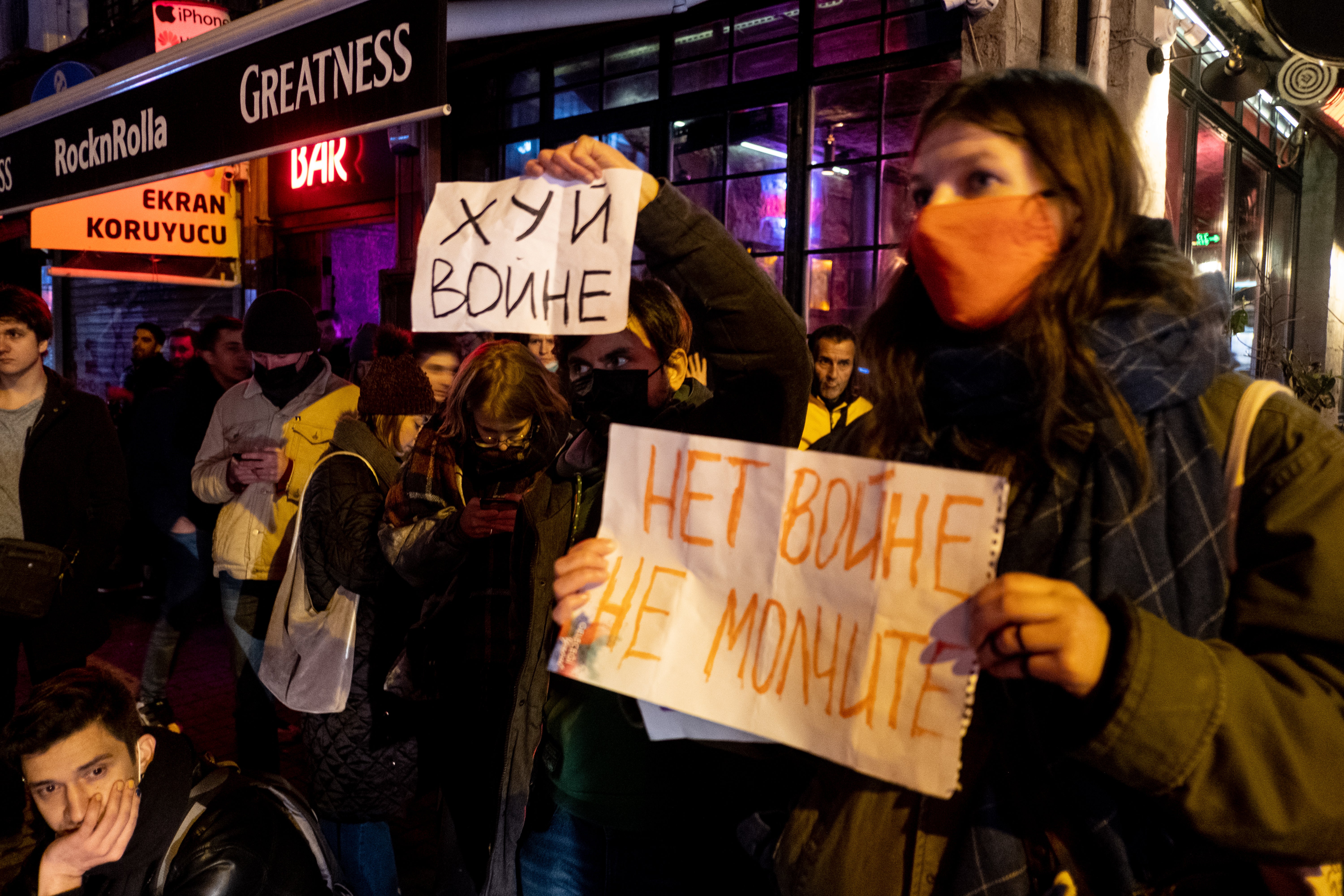
Kseniya could see the harbingers of war. There was the ramped-up propaganda on state television, the armoured vehicles and tanks heading from the Moscow area towards the Ukrainian frontier, and the ominous reports from international media that she closely followed.
The 27-year-old warned her family and boyfriend, who laughed off her concerns. The Russian psychologist, an activist and opposition supporter, had joined in the 2013-14 Maidan protests in Kyiv. She had many friends in Ukraine, and grew afraid. So in the weeks before Vladimir Putin launched his invasion, Kseniya left Russia, ending up in Istanbul before it began.
The war that ensued has cost her once-cherished relationships with friends and family, as well as her career, her home, her nation as she knew it, and much of what she believed about herself and her future. She is an exile.
“The war has broken many people, not just Ukrainians,” she tells The Independent during an interview.
“I have forgotten who I was before this. My work, psychology, is all about making people feel better. But now we are in a situation where people should feel ashamed, and I don’t want to help Russians feel better about themselves.”
Tens of thousands of Russians have fled the country in the wake of the war. They are paying exorbitant prices to get on the few flights out of the country. They cross land borders to former Soviet Republics somewhat beyond Mr Putin’s wrath, such as Armenia, Georgia and Kazakhstan.
In the Turkish resort city of Antalya, a popular eastern European tourist destination, rental prices have tripled as wealthier Russians and Ukrainians rent and buy properties.
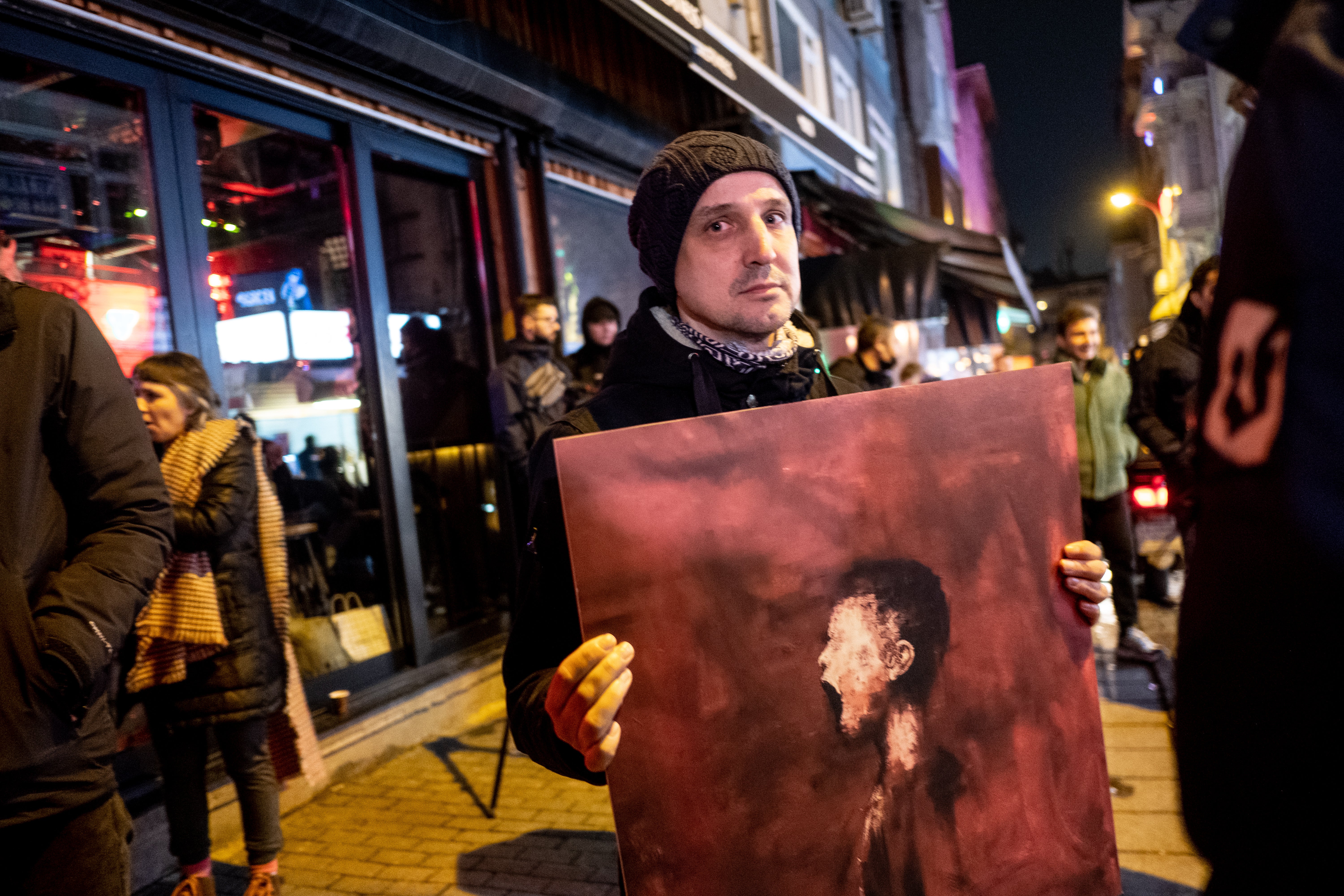
More often, the exiles sleep on couches or in spare rooms with old friends, or stay at cheap hotels. Most are highly educated but arrive with little money and perhaps even less hope, having given up the country that has rejected them and even tacitly encouraged them to leave.
“Any nation, especially the Russian nation, can always distinguish true patriots from b*****s and traitors, and spit them out like a fly that accidentally got into their mouth,” Mr Putin said in a speech on Wednesday. “I am convinced that such natural and essential self-cleansing of the society will only strengthen our country.”
The exiles are often in a state of shock, and in interviews, social media posts and conversations on the messaging app Telegram, they speak of feeling stigmatised over the actions of their government and their nationality.
“Right now I don’t like being Russian, honestly,” says Veronika, a 30-year-old Saint Petersburg native who is planning on flying to Istanbul on Friday. “I feel like I should be able to accept all the hate directed at me because of my passport. I do feel shame. I pay their stupid taxes, and at some level I participated in what’s going on.”
Veronika, an activist who has participated in repeated street protests over the years, booked a ticket weeks earlier and carefully planned her departure. Others flee under duress.
I feel guilty for the actions of my government, but I am not my government
Dima Varlamov, a correspondent for Dozhd TV, an independent Russian television station, was at work on 1 March when his employer began receiving texts on his phone warning that the police were about to raid their offices.
They quickly fled into the streets, and standing outside a bar, pondered their choices. Anton decided right then and there to flee the country.
“We got the message,” says the 32-year-old Moscow native.
His bank accounts were blocked, but friends bought him a ticket to Istanbul online. He went home and packed a single bag. He had just moved into a new apartment and installed the curtain rods, but the curtains still lay on his bed. His girlfriend remained behind, perhaps to join him later.
Within hours, he was on a red-eye flight to Istanbul, where he is staying for now at the home of another journalist. Still dazed and attempting to adjust, he recalls stories of the Russians who escaped to Paris, London, and Istanbul after Vladimir Lenin’s Bolshevik Revolution of 1917.
Those Russians a century ago told themselves they would be home in a few months, only to remain abroad forever, and he has to acknowledge that the odds of him returning home are bleak.
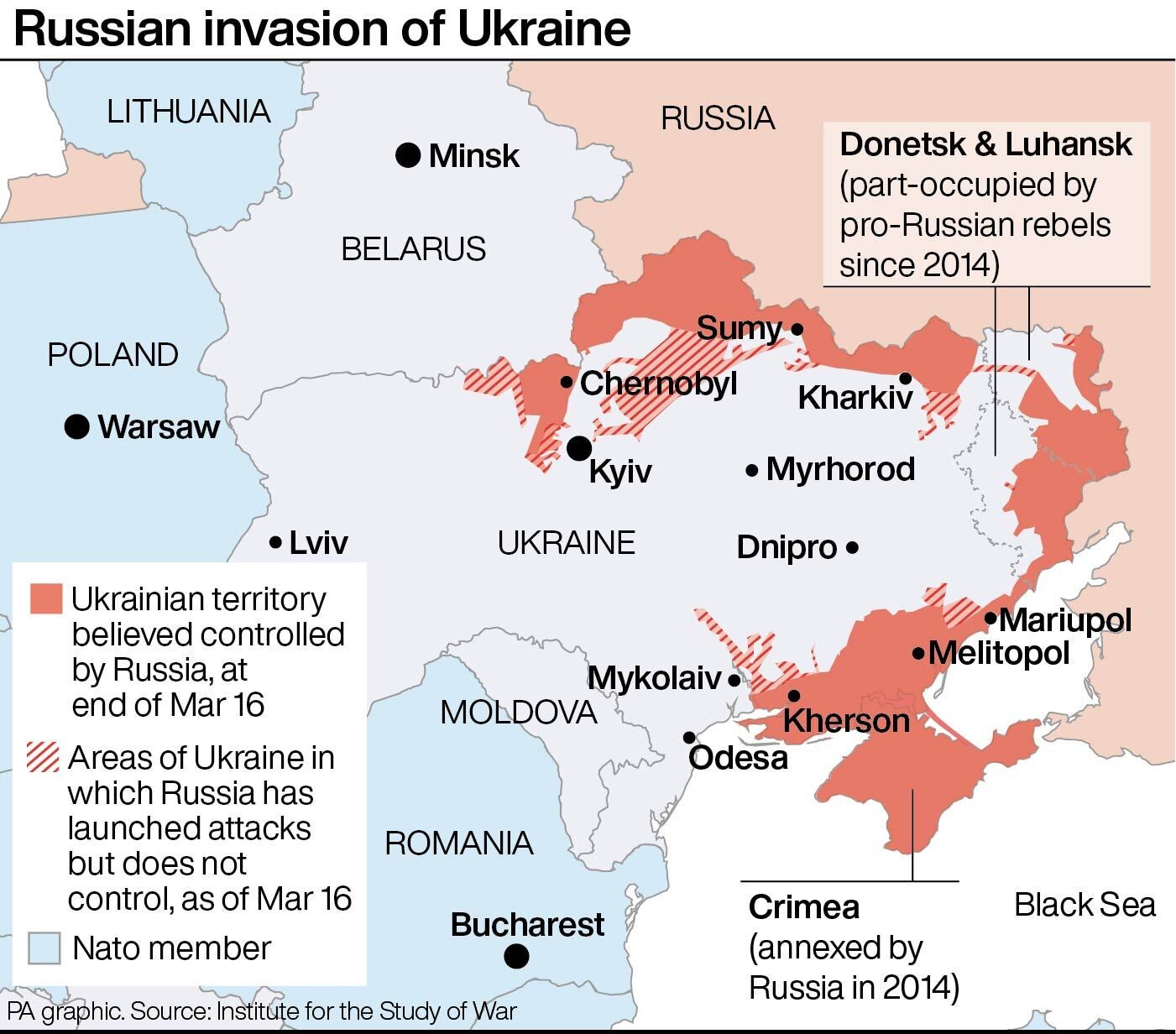
Days after his arrival, Mr Putin passed a law making the voicing of anti-war views punishable by up to 15 years in jail; even referring to the Ukraine invasion as a war is illegal. The Kremlin calls it a “special military operation”.
“If Putin has a quick win I can’t go back,” Mr Varlamov says. “If Putin loses but he stays in power, I cannot go back.”
He reflects on the war in Ukraine, and questions whether he and his fellow Russians did enough to try to stop it, asking soul-searing questions.
“With this war, Russia made the biggest mistake of my generation, and I don’t want to be responsible for it,” he says. “I tried to be a good journalist. A journalist tries to do good for society. We didn’t succeed. So maybe it’s time to start a life somewhere else – not in Russia.”
More than 5 million Russians already emigrated from Mr Putin’s Russia during his 22-year rule and many predict the wave will continue.
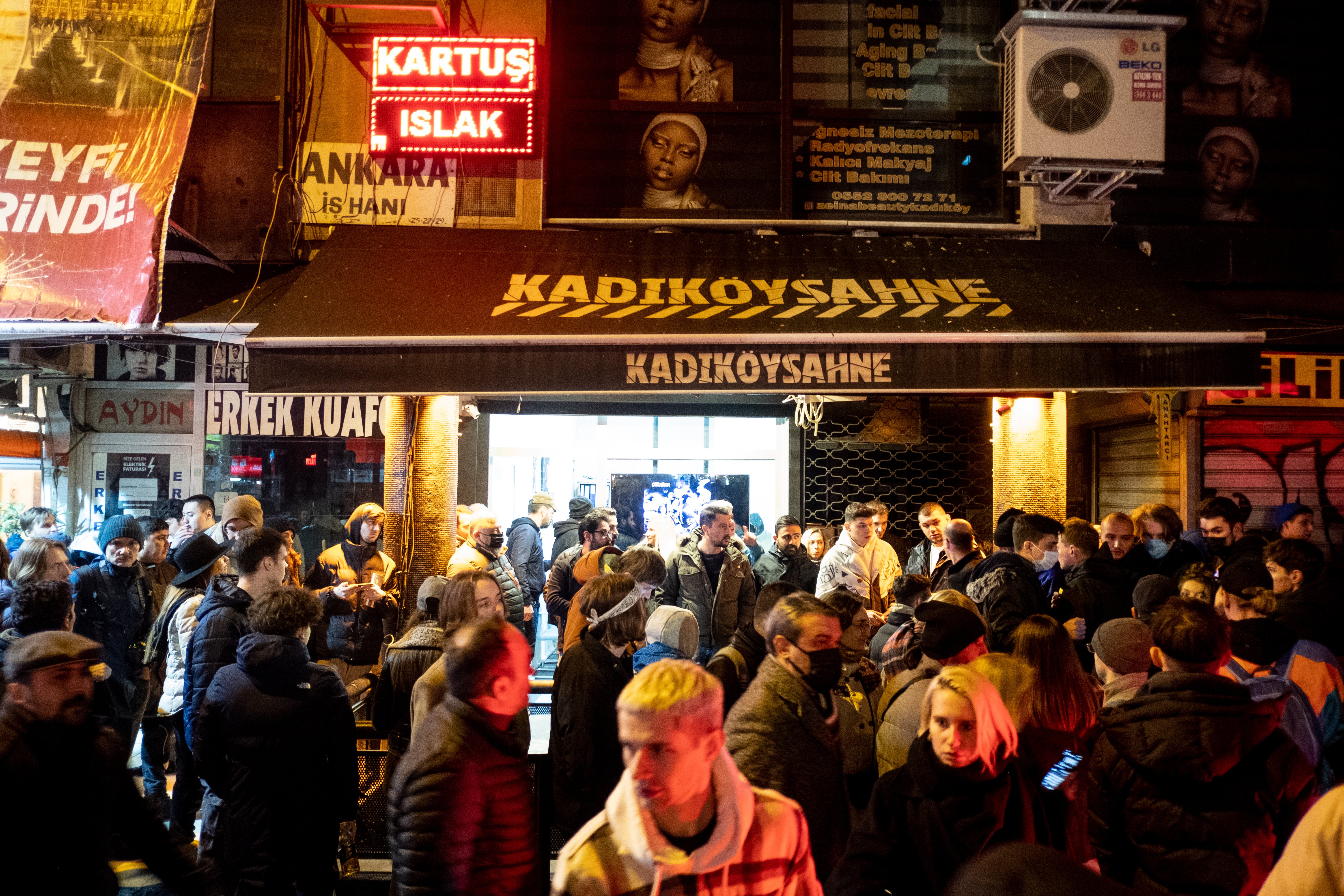
Anton, a British-educated 33-year-old microbiologist in Moscow, is seeking a way out of the country. He recently booked an apartment through Airbnb abroad as a precondition for a visa out of Russia, and felt compelled to tell the hosts of the flat in a private message that he opposed the war in Ukraine.
“The war provided a situation for us where it is no longer hopeful, it brought us to a situation where it is difficult to hope for a democratic future for Russia,” he said.
“We can only rely at this point on an outside event that may turn the country around and stop the country from progressing toward autocracy or a totalitarian regime. Russians traded their freedom for an ability to have enough food the next day.”
Among those Russians abroad, some are organising politically. A protest takes place every weekend in the Beyoglu district of Istanbul.
Miron Yanovich Fyodorov, or Oxxxymiron, one of Russia’s most famous rap stars, arrived in Istanbul after cancelling concerts in Moscow and Saint Petersburg to protest the war. He has now held the first of what he described as a series of “Russians Against War” livestreamed benefit shows he is organising to raise money for Ukrainian refugees.
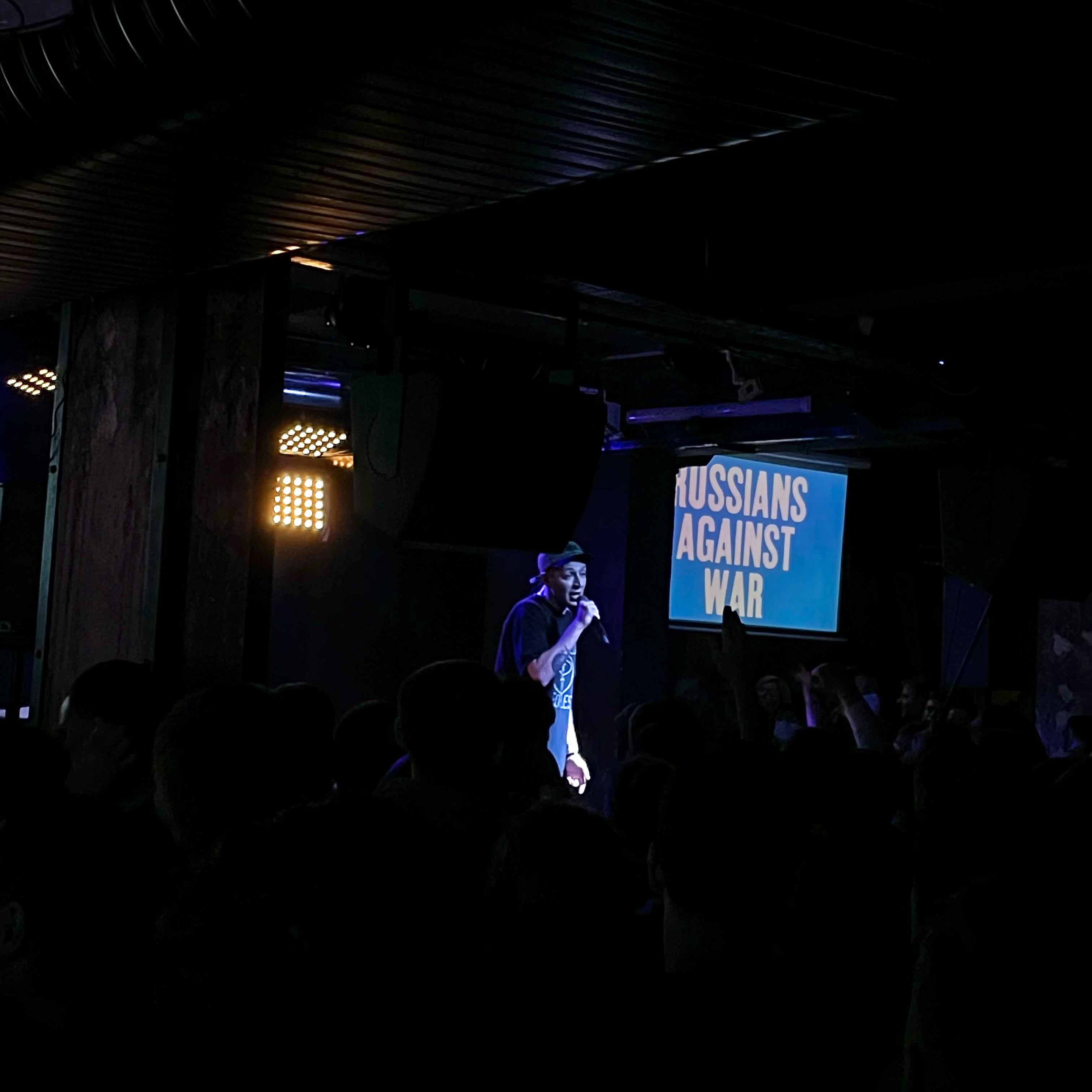
“There are tens of millions of Russians who categorically disagree with this war,” he said in a video posted to YouTube. “And I think this should be said as loudly as possible.”
On Tuesday, at a small crowded club in Istanbul’s Kadikoy neighbourhood, several hundred came to see Oxxxymiron and raise money for the displaced. During a break in the show, he spoke to the audience and urged them not to cut off ties with their pro-war family and friends.
“The people who are for this war are in fact against this war,” he said. “They just believe that this is really a special operation to bomb military facilities. Unfortunately, this illusion is one that our parents believe in. It is very important to talk to them because they’re probably not bloodthirsty people, but they watch too much television”.
Outside the venue, Russians held up signs to protest the war.
“My friends are in prison and I can be the next one,” says Anna, a 26-year-old art historian from Saint Petersburg, holding up a poster that said, “No to war, no to silence” in Russian.
“I decided to go to Turkey instead of Russian prison because here I can do more against the war,” she says.
“I really want to go home, but now is not the time. I feel guilty for the actions of my government, but I am not my government.”
The Independent has a proud history of campaigning for the rights of the most vulnerable, and we first ran our Refugees Welcome campaign during the war in Syria in 2015. Now, as we renew our campaign and launch this petition in the wake of the unfolding Ukrainian crisis, we are calling on the government to go further and faster to ensure help is delivered.
To find out more about our Refugees Welcome campaign, click here. To sign the petition click here. If you would like to donate then please click here for our GoFundMe page.
Join our commenting forum
Join thought-provoking conversations, follow other Independent readers and see their replies
Comments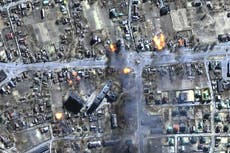
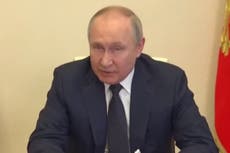
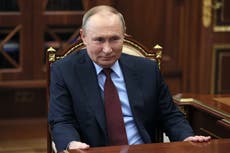
Bookmark popover
Removed from bookmarks